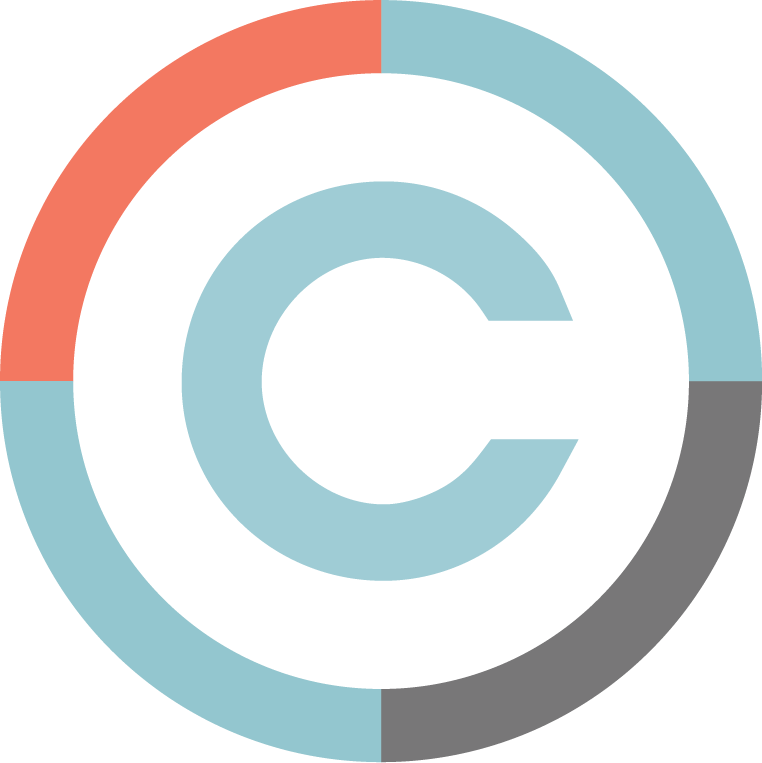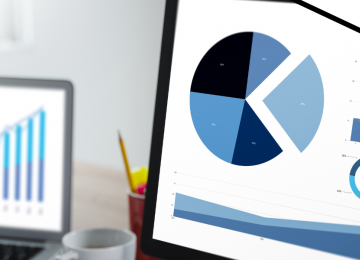SEO and SEM Terms You Need to Know

In the world of SEO and SEM, there is quite a bit for people to know. There is keyword density, internal links, landing pages, crawlers, local search results, SERPs, and other terms. If you’re new and not accustomed to internet marketing, some of the terminology can get confusing. To help you in understanding some of the key terms in the world of SEO and SEM, we put together a glossary of terms that you need to know. 301 RedirectA message that the URL that you just tried to access is permanently unavailable. This happens when a URL has changed location and will not be appearing again. 302 RedirectA message and form of redirection when a URL has changed location temporarily. A/B TestDisplaying two different layouts of the same web page to visitors and tracking the differences in their behavior on page A and B. This testing is done to determine which web page is more effective. AdWordsGoogle’s advertisement and link auction network. AlgorithmThe technology used by search engines to determine the search engines Anchor TextThe part of a hyperlink that is clickable. Anchor text usually gives visitors information on what the linked page is about. Back LinkAny link into a page or site from any other page or site. Black HatSEO tactics that are counterproductive to best practices. Bounce RateThe percentage of visitors to a website that leave prior to viewing any other pages. Bot (Robot or Crawler)A search engine program that crawls the web, searches websites, and pulls necessary information in order to update a search engine’s index. Conversion RateA percentage of visitors that complete a desired goal or action. CPA (Cost Per Acquisition)A measurement of the total cost of each sale or lead from the beginning to the end. CPC (Cost Per Click)Also referred to as Pay Per Click (PPC), CPC is a form of advertising where the advertiser agrees to pay a set fee every time someone clicks on an ad. CPM (Cost Per Thousand)A fee charged every time an ad appears for the 1,000th time. CSS (Cascading Style Sheets)A way of adding styles and changing the appearance of documents. CTR (Click Through Rate)The percentage of users that click on an ad. DirectoryA list of websites that are categorized into different topics. Domain:The primary address for your site (example: www.cowleyweb.com) HTML (Hypertext Markup Language)The coding portion of a website that search engines read. Inbound LinkA hyperlink to a web page from an outside web page that is set up to drive traffic to a website and improve its search engine ranking. Google’s search engine algorithm uses inbound links to determine how popular a particular website is. Indexed PagesPages of a website that are stored by search engines. InfographicAn image that displays various facts in a visually appealing way. Internal LinkA link from one page on a website to another page on the same website. KeywordA word or phrase entered into a search engine for the purpose of finding relevant results. Specific keywords are targeted for advertising purposes to attract consumers using that word or phrase. Keyword DensityThe amount of times a specific word or phrase is used on a page. This is offered as a percentage by comparing the number of keywords on a page to the total number of words on a page. Keyword ResearchThe process of determining which words or phrases people are most relevant and people are using the most in order to use those keywords in SEO and SEM. Keyword StuffingA black hat SEO tactic that uses many keywords in an attempt to improve its search engine ranking. KPI (Key Performance Indicators)Ways of measuring online marketing goals. Landing PageA page that is strategically designed to get visitors to visit it. Link BuildingOffering a link to your website on other quality websites in an effort to drive traffic to the website and improve your website’s search engine ranking. Local Search ResultSearch results that are relevant to what was searched for (the query) based on the location. Long Tail KeywordKeyword Phrases with at least two or three words. Meta DescriptionA few sentences that may appear in search results that describe the content of a page. Organic (Natural) Search ResultsThe unpaid search results and listings that appear after a search. PageRank (PR)A way of placing importance on pages and websites. PageRank is apart of the numerous factors that go into Google’s Algorithm. PandaA Google algorithm that sorts websites into groups based on their quality and relevance to search results. QueryThe keyword a searcher enters into a search engine. SEM (Search Engine Marketing)The various advertising techniques that go into improving a website’s search engine ranking. SEO (Search Engine Optimization)The process of developing quality content and pairing it with a website that is tailored to rank higher in a search engine. SERP (Search Engine Ranking Page)This is the page that web searchers see after they enter information (the query) into a search engine. SitemapA page that gives search engines a route to navigate through a website. Social BookmarkingBuilding relevant links on social platforms in order to bring in traffic. TrafficVisitors to a website. User engagementA measurement of the level of engagement a user shows through its action on the web. This measurement is not measured by search engines. User experienceA measurement of the overall experience that people have with a website. This measurement IS measured by search engines. White HatSEO tactics that have good quality and are honest. WidgetAn application that can be installed to serve a specific purpose on a web page. |
 Stay InTOUCHSign up here to get our monthly newsletter and blog updates. |





